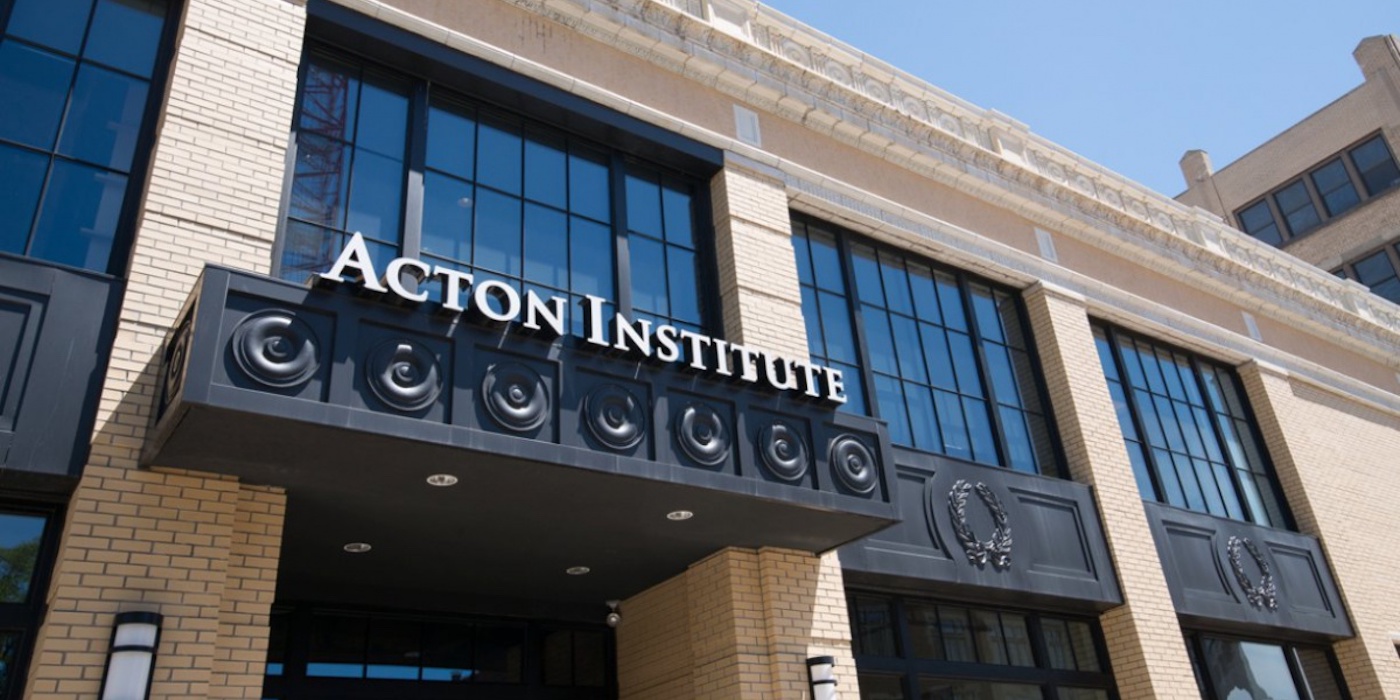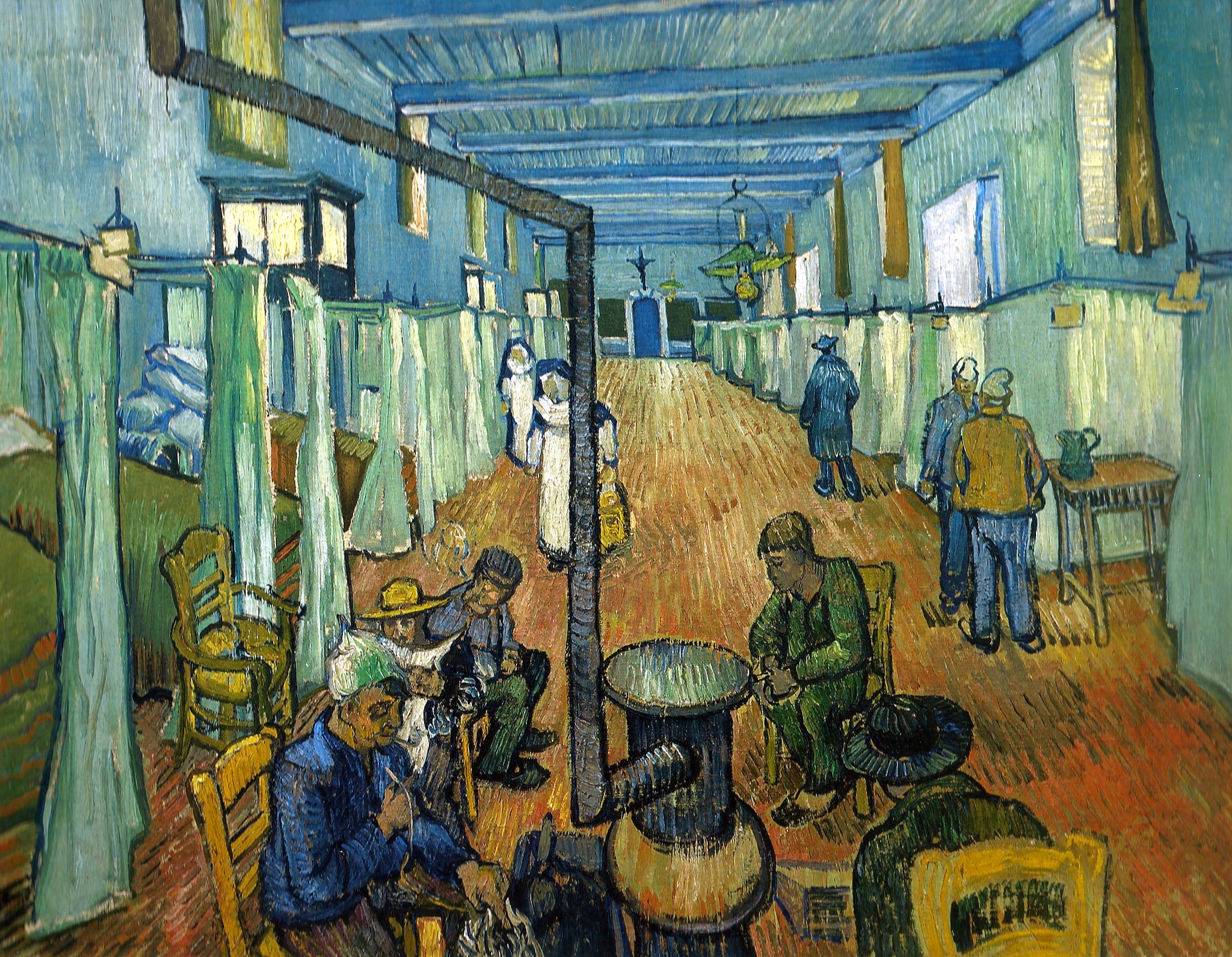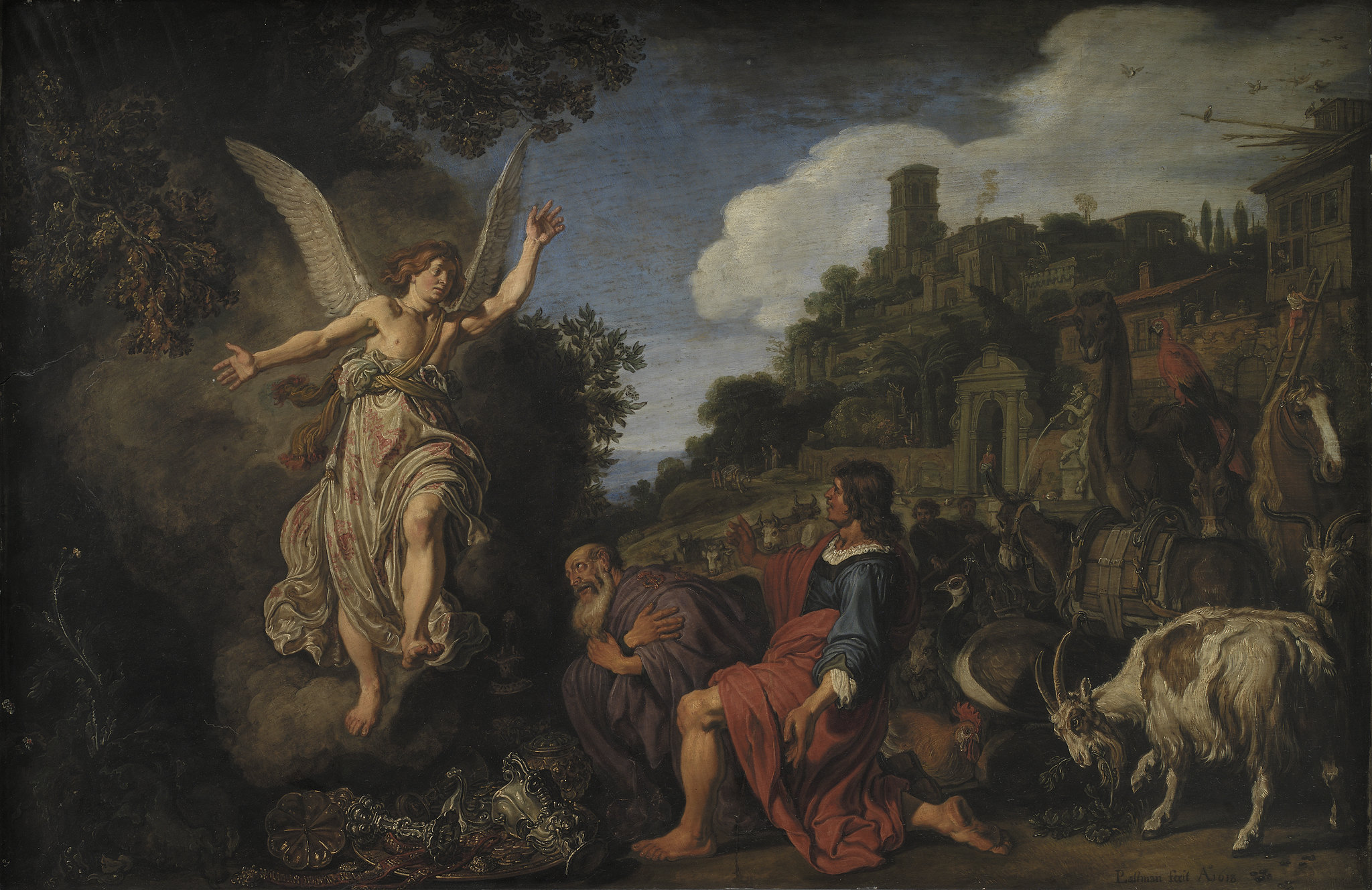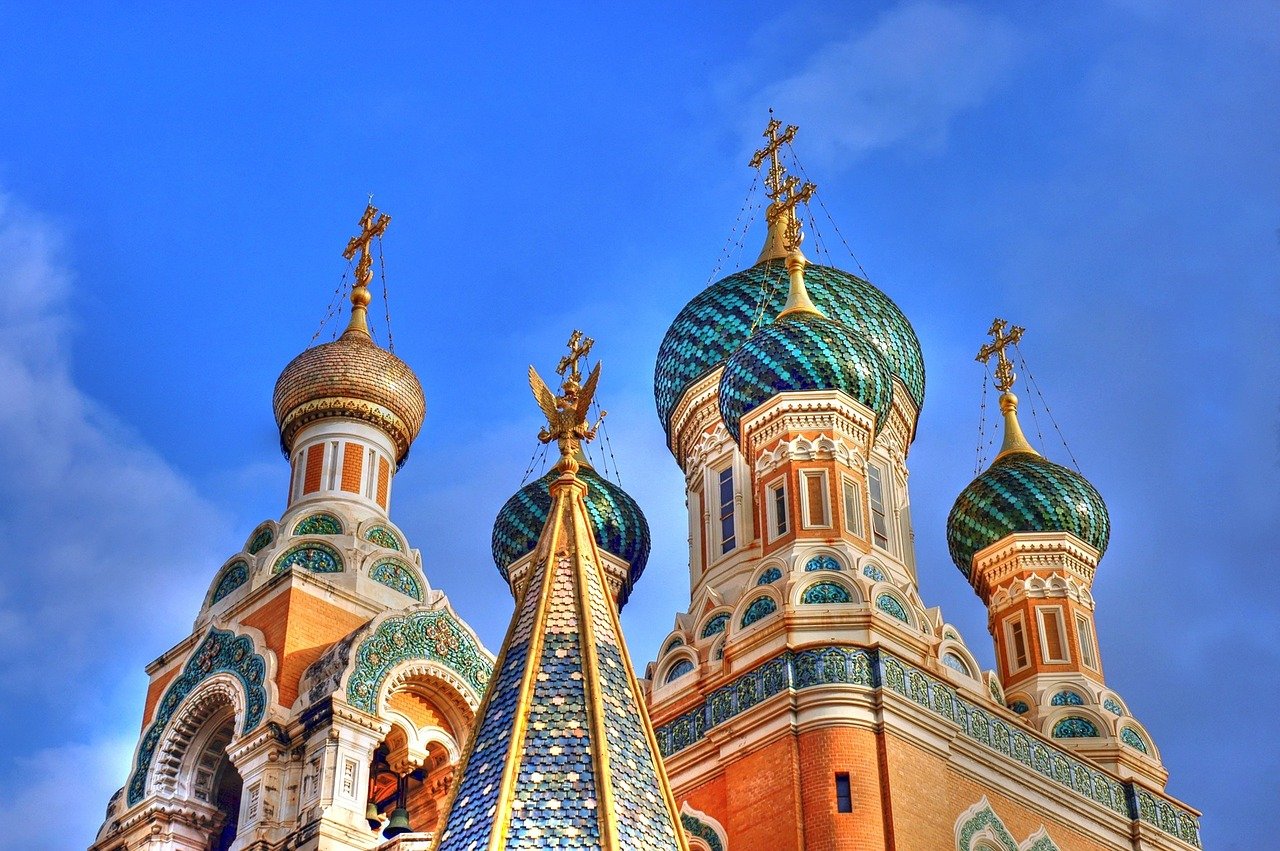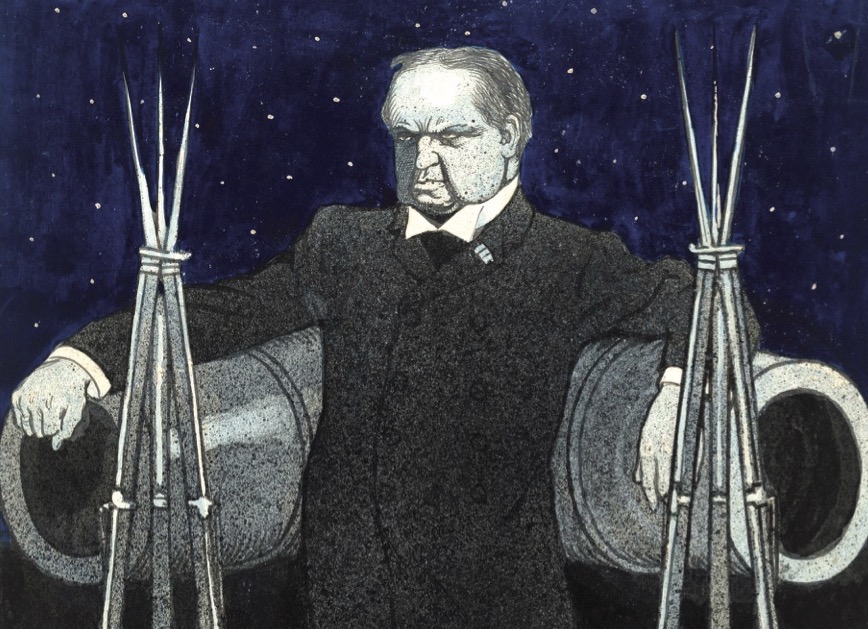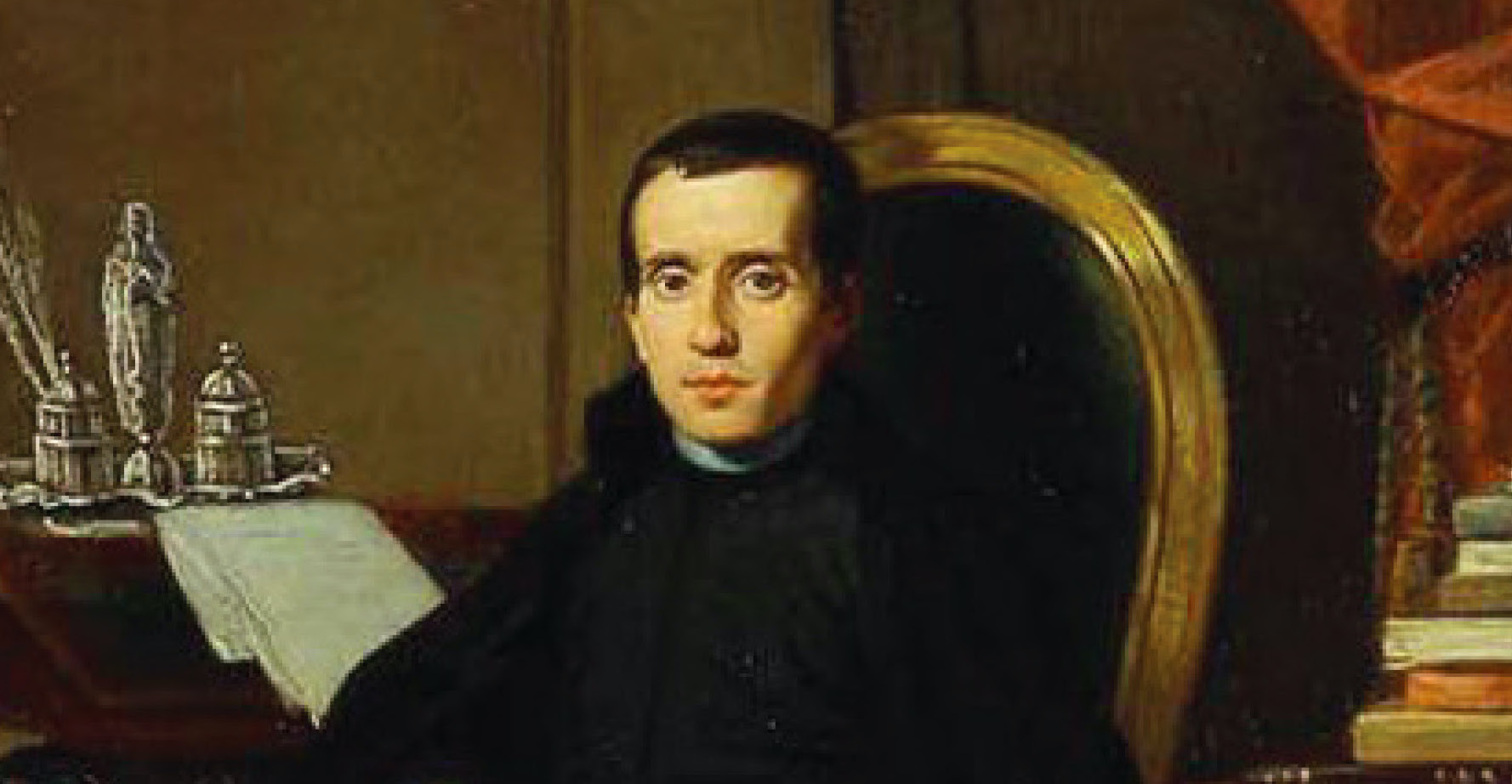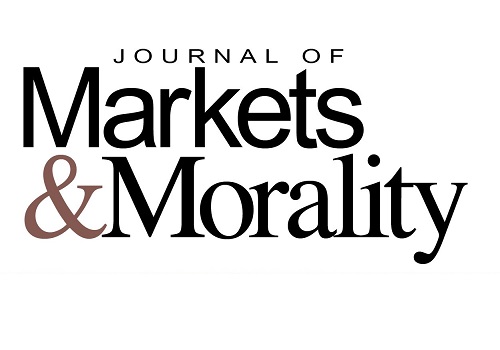
Dylan Pahman is a research fellow at the Acton Institute, where he serves as executive editor of the Journal of Markets & Morality. He earned his Ph.D. from St. Mary’s University, Twickenham, London, on the basis of his published works on Orthodox Christian social thought and asceticism. He is the author of The Kingdom of God and the Common Good and Foundations of a Free & Virtuous Society.
Posts by Dylan Pahman
August 11, 2021
On October 8, 2021, in-person at the Acton Building in Grand Rapids, Mich., the Acton Institute will host its First Annual Academic Colloquium, sponsored by its
Journal of Markets & Morality.
Continue Reading...
July 28, 2021
The newest issue of the
Journal of Markets & Morality (Volume 24, Number 1) has been released in print and online at our website.
In my editorial for the issue, I offer a preview of its contents:
To use popular terminology, through reflecting on the “known unknown”—the hour of our deaths, the return of Jesus Christ—we fortify ourselves for the “unknown unknowns” of our ever-changing world.
Continue Reading...
June 17, 2021
Tobit is one of the lesser-known books of the Bible, in no small part because Protestant Bibles since the 19th century commonly omit it. But any Christian, Protestant or otherwise, would benefit from Tobit’s biblical theology of work.
Continue Reading...
June 02, 2021
In our era of hyper-partisanship, often we think of political divides in simple terms of Republicans versus Democrats, or progressives versus conservatives. Nevertheless, even today there are some divides that cut across party lines.
Continue Reading...
March 09, 2021
In its first show for the Disney+ streaming service, comic giant Marvel explores in the hit series
Wandavision a depth of storytelling that reaches beyond the stereotypical good-versus-evil battle of so many superhero tales.
Continue Reading...
February 11, 2021
At
Every Thought Captive, a blog of Ancient Faith Ministries, I’ve been writing a series on Orthodox Christianity and modern Christian social thought.
In my first essay, I explore the question, “What is modern Christian social thought?”
Continue Reading...
January 22, 2021
The newest issue of the
Journal of Markets & Morality, vol. 23, no. 2 (2020), has been released. This issue’s theme commemorates the centennial of Abraham Kuyper’s death in 1920.
Continue Reading...
September 25, 2020
After some delay due to the COVID-19 pandemic, the newest issue of the
Journal of Markets & Morality is live on our website here. Print issues should be in the mail to subscribers sometime in the next few weeks.
Continue Reading...
March 26, 2020
The newest issue of the
Journal of Markets & Morality is now live on our website here and in the mail to subscribers.
This issue includes an excellent lineup of scholarly articles ranging from Christian education, to private property in the early Church, to sixteenth-century political philosophy, to environmentalism, to the crisis of the public square.
Continue Reading...
March 18, 2020
The COVID-19 pandemic panic has caused an eerie, post-apocalyptic scene to become commonplace across the country: supermarkets with barren shelves. One would think that this is the time for an intervention to ensure that stores stay stocked with the things we need, but governors nationwide are taking the opposite approach.
Continue Reading...
